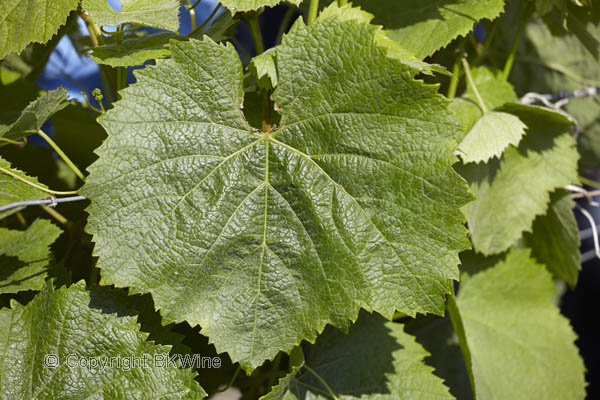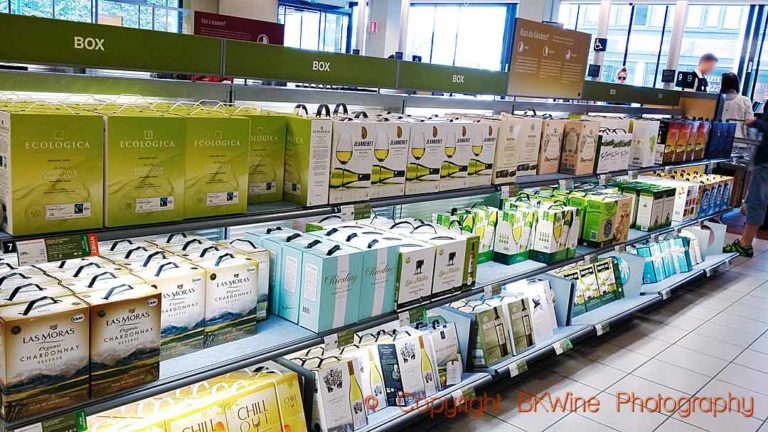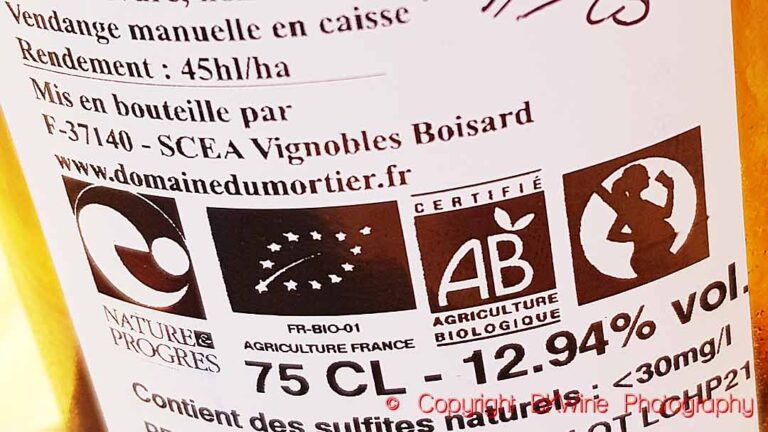A European wine that is organic is easy to identify. You just look for the green EU leaf. If it does not have the leaf it is not organic. But now there are also more and more “sustainability” labels on the bottles in France. However, “sustainable” is different from “organic”.
Organics is mainly about the work in the vineyard and the cellar and the processes and technologies, while sustainable is more about nature resources and biodiversity (often more vaguely defined). There is no opposition between them and the one does not replace the other; rather they are complementary.
Bordeaux, France’s largest AOP region, started several years ago to set targets for its environmental work and the result is reduced spraying and reduced use of chemical weed control. Today, 60% of the Bordeaux chateaux have some type of environmental label. The goal is to reach 100%.
Some of the labels that can now be seen on Bordeaux bottles are:
- EU Organic Certification (532 chateaux certified with 8756 hectares)
- Demeter and Biodyvin for biodynamic wine growing (45 chateaux certified with 984 hectares, always also organic)
- Terra Vitis, a sustainability label (62 chateaux certified)
- HVE, Haute Valeur Environnementale, a sustainability label initiated by the Ministry of Agriculture (221 chateaux certified)
- RSE AGRO and Agriconfiance, 2 labels for cooperatives only (2352 chateaux certified)
- AREA, label for the Aquitaine region only (369 chateaux certified)
Read more: bordeaux
Travel: Travel to Bordeaux on a wine tour with BKWine.
Read more: Read our book on organic, biodynamic, sustainable and natural wines if you want to know more.











